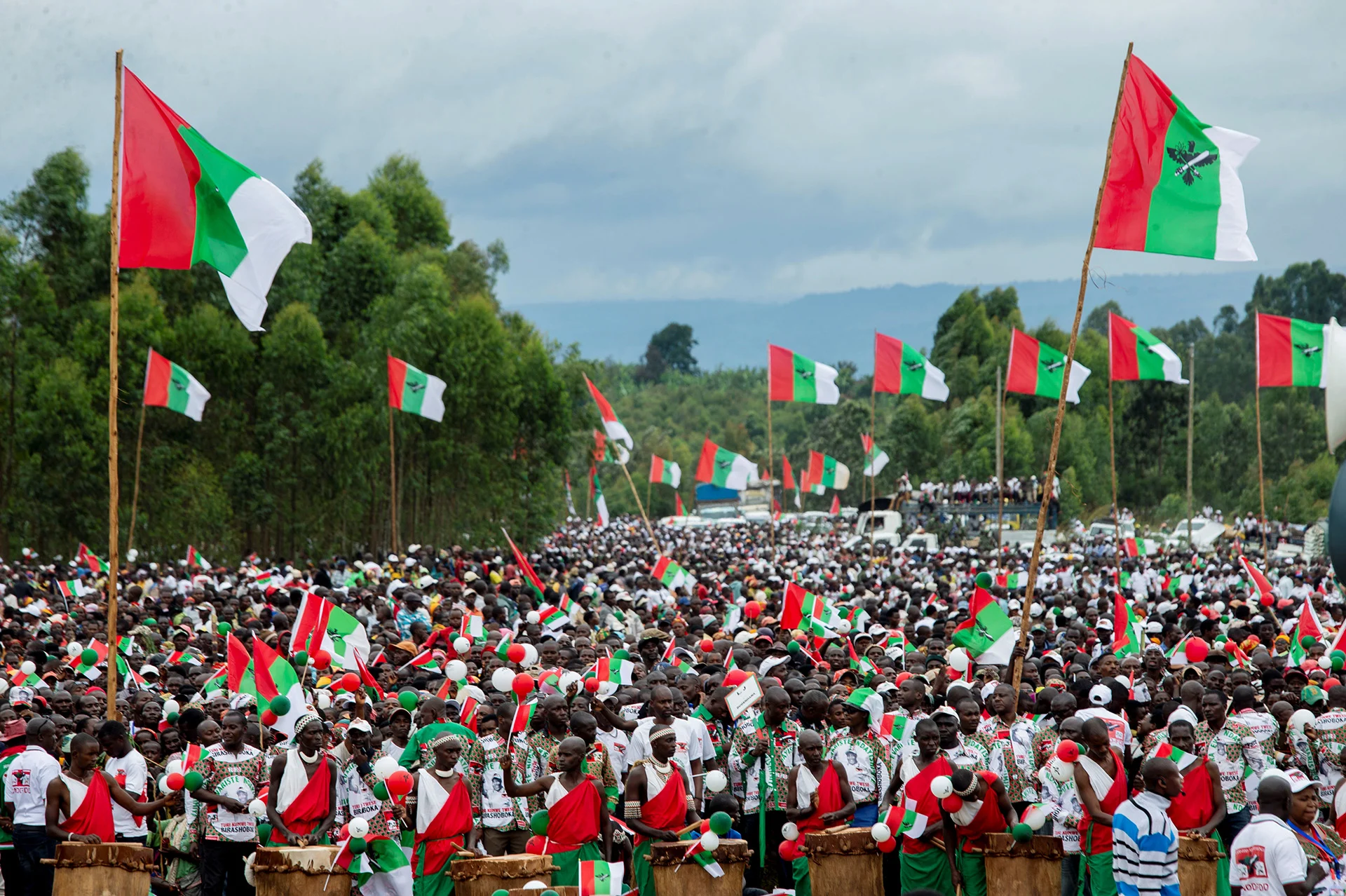
Much like a malfunctioning computer that needs a reset to restore order, Burundi’s current political and social landscape is calling—loudly—for a fundamental reboot.
For many citizens, the day-to-day reality is one of stagnation and deepening frustration.
“Most computer and mobile device users know that when unexplained malfunctions arise, it is often necessary to restart the device, to reset processes, and delete files that hinder its optimal functioning,” writes political analyst Aloys Ntisezerana in a thought-provoking opinion piece.
Ntisezerana argues that Burundi’s political system has become bogged down by inefficiencies and outdated practices that no longer serve the population.
He likens the state’s inertia to an overloaded system plagued by unnecessary programs, corrupted files, and memory leaks—conditions that only a hard reset can cure.
“The time has come,” he writes, “for a genuine, honest reassessment of where the country is heading, and who it is leaving behind.”
Citing widespread public disillusionment, the piece calls for a reimagining of governance structures, a clean-up of political practices, and a restoration of trust between leaders and citizens.
Ntisezerana does not advocate chaos or instability, but rather a disciplined and strategic restart—a national reset that would clear the decks and allow for meaningful reform to take root.
He points to systemic issues: a stifled civic space, declining economic performance, and a political culture more reactive than visionary.
“Without action,” he warns, “the gap between leaders and the people will only widen, and the legitimacy of institutions will continue to erode.”
The urgency of Ntisezerana’s message resonates beyond party lines or ideology.
As Burundi stands at a critical juncture, the call for a ‘reset’ is not simply metaphorical—it is a clarion call for survival, renewal, and lasting progress.



